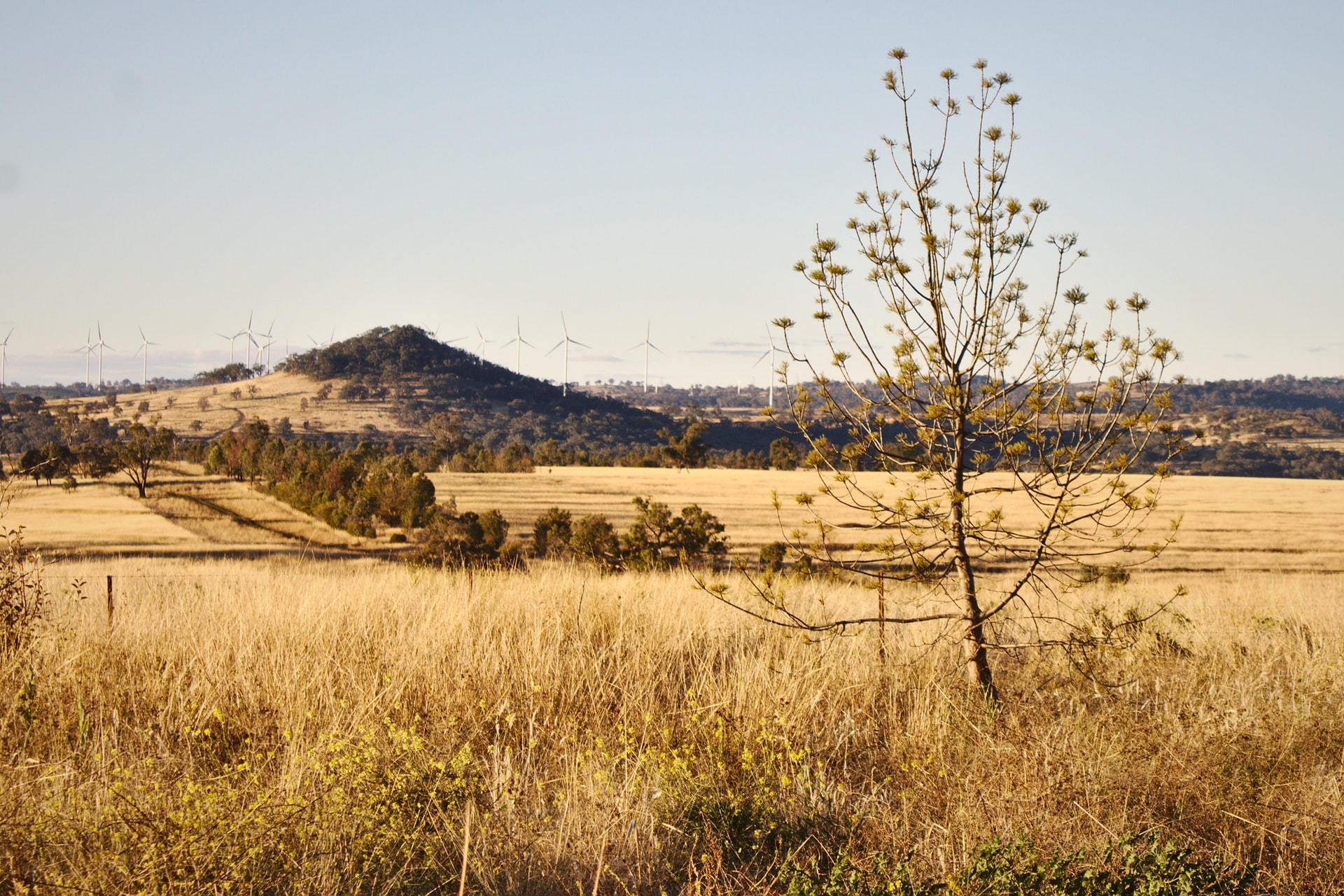Nature-Based Solutions for Sustainable Agricultural Land Management

Agricultural nature-based solutions provide a sustainable, long-term approach to land management. Nature-based solutions aim to restore land, improve vegetation, and enable farms to be more resilient while mitigating and adapting to climate change. As awareness about climate change and environmental issues continues to increase, there is an expectation that agricultural production occurs in a low emission or carbon neutral environment. Agricultural industries have committed to carbon neutral targets in Australia, which will help food producers to meet global environmental expectations and to remain competitive into the future. Dr Natalie Doran-Browne’s presentation discusses some of the options available to farmers to reduce or offset on-farm greenhouse gas emissions, through efficient and regenerative farm management practices, including nature-based solutions.
In addition to reducing greenhouse gas emissions, nature-based solutions provide co-benefits that improve farm performance and resilience. Dr Rachelle Meyer’s presentation provides information on the co-benefits of high amounts of soil carbon and integrating trees into farm operations. This will include preliminary results from the “Trees on Farm: maximising co-benefits” project which aims to develop a database of co-benefits and disadvantages of planting trees on farm and quantify the value of co-benefits. Trends in the literature reviewed for the database and reported co-benefits will be discussed.
 This event has been organised with the financial support of the European Union’s Partnership Instrument. The opinions expressed are the sole responsibility of the speakers and do not necessarily reflect the views of the European Union.
This event has been organised with the financial support of the European Union’s Partnership Instrument. The opinions expressed are the sole responsibility of the speakers and do not necessarily reflect the views of the European Union.
Rachelle Meyer's research interest include adaptation and mitigation in the land sector. For her PhD thesis, she used a whole-farm system modelling approach to quantify the agro-ecosystem benefits and mitigation implications of soil carbon in grazing systems of western Victoria. This included calculating net greenhouse gas balances and investigating the impact of climate change on the potential of soil carbon as a mitigation option. Currently, Rachelle is managing the Trees on Farm project which aims to quantify the co-benefits of trees to farm operations.
Natalie Doran-Browne is a Research Fellow at The University of Melbourne and is part of the Primary Industries Climate Challenges Centre in the Faculty of Veterinary and Agricultural Sciences. Her research encompasses managing and reducing the impacts of climate change through the use of sustainable farming practices in Australia and in developing countries. Natalie published the first research papers on carbon neutral farming in Australia. Her research expertise is in the carbon accounting of farm systems, as well as strategies to mitigate and offset greenhouse gas emissions from livestock at the farm or national levels. Recent research incorporates the requirements for governance and institutional arrangements that will help countries to work towards meeting emission-reduction targets through their Nationally Determined Contributions (NDCs).

